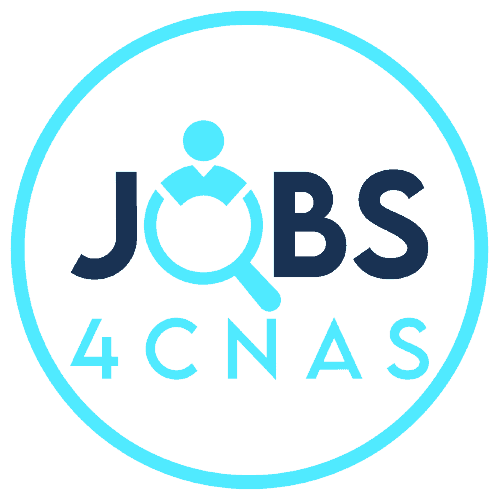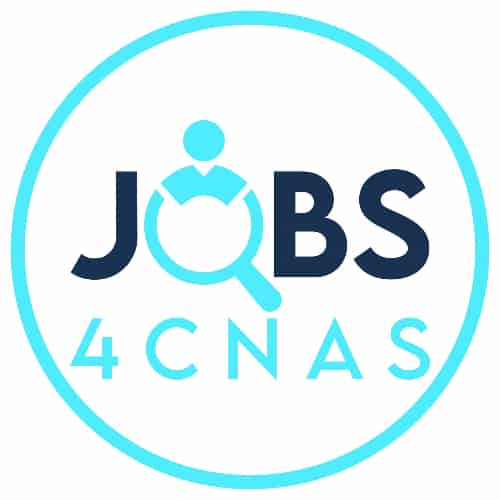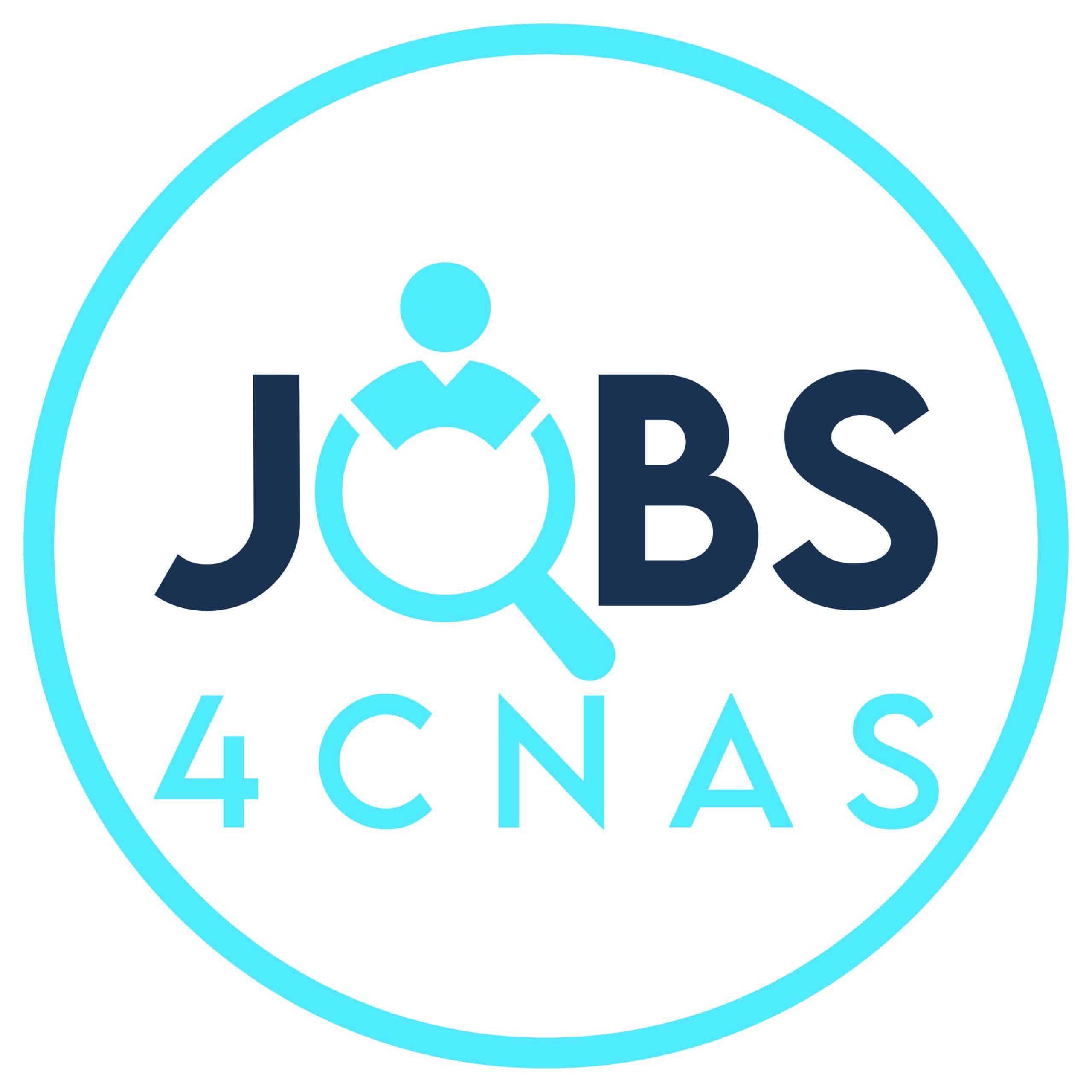Americans are getting older. Due to diminishing birth rates and longer life spans, global population demographics are shifting. By 2050, the Agency on Aging projects that nearly one in every five Americans will be aged 65 and older. With an increasingly aging population comes an increased need for skilled caregivers able to provide adequate healthcare services. The Department of Health and Human Services estimates that the U.S. will need between 5.7 million and 6.5 million LTC nurses, CNAs, home health, and personal care workers to meet the needs of baby boomers by 2050.
Finding these skilled workers is challenging enough as it is. Keeping them proves to be nearly impossible—especially when it comes to CNAs. This article will outline some of the reasons why CNA turnover is so high and provide potential solutions to improve CNA retention.
THE IMPORTANCE OF CERTIFIED NURSING ASSISTANTS (CNAs)
CNAs are required by federal law to be staffed in Medicare and Medicaid certified skilled nursing facilities. They are the largest portion of healthcare workers in long-term care, providing up to 80% of direct care to older adults in long-term care facilities and making up 66% of the total general healthcare workforce. Studies show that CNAs are responsible for eight out of every ten hours of paid care received by long-term care residents.
Right now, CNAs are caring for millions of Americans in healthcare facilities across the country, assisting them with daily activities like eating, toileting, transferring, walking, and bathing that are crucial to their wellbeing. Because CNAs have the most direct contact with patients, they are one of the most influential and integral staff members.
But the current turnover rate means that 27.5% of them won’t be there next year. For CNAs with less than one year of experience, that number jumps to 83.3%. The average hospital turns over virtually all CNAs every four years.
WHY IS CNA TURNOVER SO HIGH?
Many believe that the primary reasons for CNA turnover include pay, benefits, and work hours. While these are certainly contributing factors, many studies suggest that the decision to leave a CNA position is far more complex.
As reasons for leaving a position, CNAs also cite a lack of quality supervision, meaningful mentorship programs, opportunities for career advancement, and/or supportive leadership willing to promote their cause and advocate on their behalf.
Dr. Jules Rosen led a study in 2008 to learn more about the root causes of CNA turnover. After interviewing 1,400 direct care workers, he found that:
1. CNAs left jobs when they felt disrespected by management or if they perceived management as incompetent.
2. CNAs described unrealistic expectations by management and a general lack of institutional support. They said the ability to do their job effectively was hampered by leadership’s persistent tolerance of understaffing, a lack of mentorship, and inadequate education.
3. CNAs cited a lack of career advancement opportunities within the profession as a reason for leaving.
4. Time-saving efforts that led to disciplinary action or injury, such as not washing their hands for the required amount of time between patients as well as lifting bed-bound patients without the appropriate support contributed to job dissatisfaction.
5. CNAs cited home-life and personal responsibilities such as child or elder care, financial problems, or conflicting obligations as impacting their ability to report for work consistently.
HOW TO IMPROVE CNA RETENTION
Management initiatives to improve organizational culture are critical to improving CNA retention. Studies show that ongoing education, mentoring programs, career advancement opportunities as well as maintaining an adequate staff and scheduling them fairly can all improve CNA retention.
Healthcare organizations must invest in these types of programs early in the employment cycle, beginning with the hiring process. Lia Jill Levitt, a Connecticut-based consultant to long-term care facilities, suggests hiring managers look for signs that the applicant considers this work their calling rather than simply a way to pay their bills. She also says creating a “job shadowing” program helps both parties decide if it’s the right fit.
To find your next qualified CNA or CNA position, visit jobs4CNAs.com today.








Thanks for your blog, nice to read. Do not stop.
Thank you, Mark!